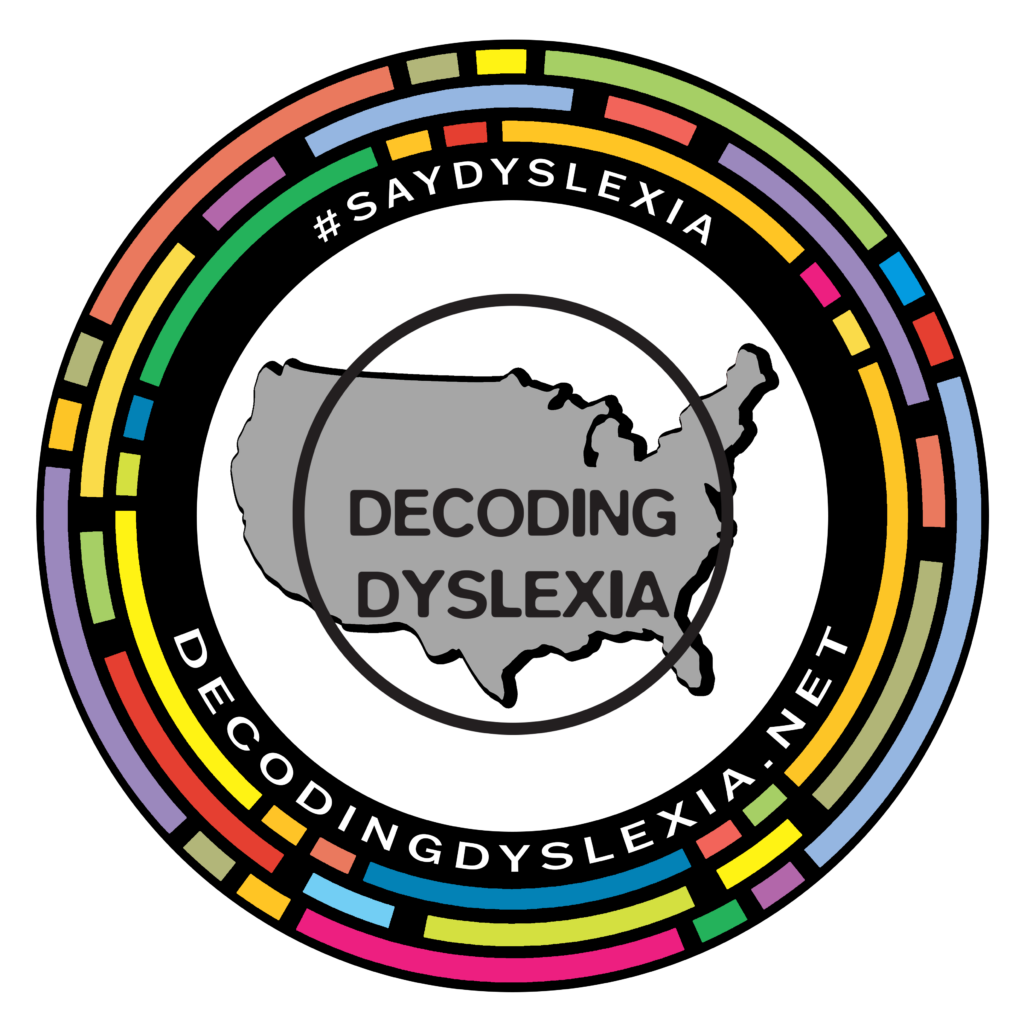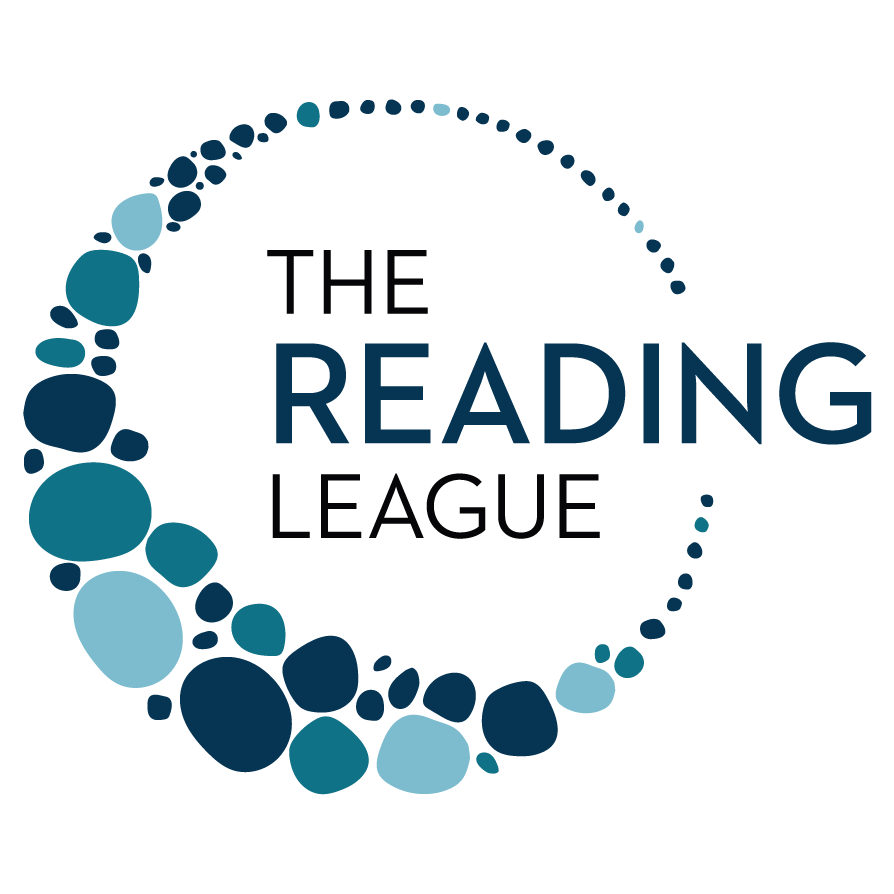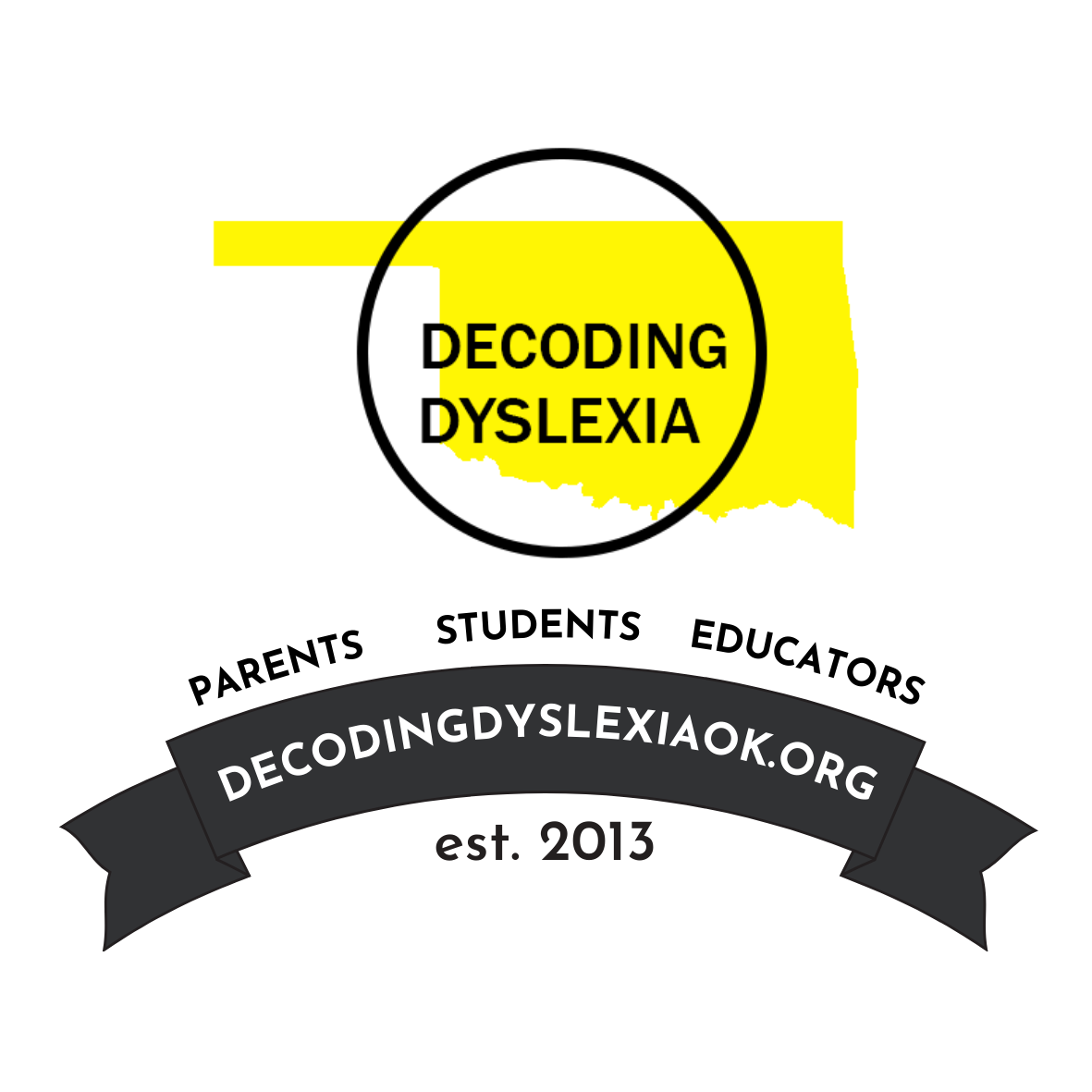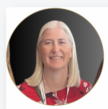Decoding Dyslexia
Decoding Dyslexia is a grassroots movement driven by parents and educators who are concerned with the limited access to educational interventions and support for dyslexia within our schools.
Our Mission
To raise dyslexia awareness, empower families to support their children, and influence policymakers and educators on best practices for students with dyslexia.

Welcome Booth
Our Welcome Booth is situated near the Check-In for IDA Registration. We are making efforts to have State Leaders available as per the schedule provided below. Leaders may be available between sessions. Like you, we are eager to learn at the conference. If you miss us, please feel free to stop by again.
Wed
4-6 pM
Check-in
Thu
7-8 aM
Morning
12-1 PM
LUNCH
FRI
7-8 aM
Morning
12-1 PM
LUNCH
SAT
7-8 aM
Morning
12-1 PM
LUNCH
Event Schedule
Many of our Decoding Dyslexia Leaders are presenting throughout the conference and we will gather for a Meet and Greet.
Roundtable Session
The Roundtable Session will feature 10 tables with 2 twenty-minute sessions during the hour. Below are the 10 table themes. Click on a table for expanded description and resources from the table
DYSLEXIA AWARENESS
Session Repeats – Kristin Kane – New to dyslexia, or would you like to help build awareness with parents and teachers?
WHAT’S THE RESEARCH SAYS?
Session A – Dr. Hurford – A Parent’s Guide: Science of Reading and Structured Literacy
Session B – Dr. Hurford – Attention Issues and Reading Difficulties: What to do about ADHD?
ADVOCATING FOR EFFECTIVE READING INTERVENTION
Session A – Daphne Corder – Dyslexia Intervention: How do I know if the school is doing it right?
Session B – Kari Kurto – No program is perfect! What to look for in instructional materials?
READING AS PART OF IDEA
Session Repeats – Tracey Morgan – The Power of Reading Terms
SUPPORTING THE SOCIAL AND EMOTIONAL NEEDS OF STUDENTS WITH DYSLEXIA
Session A – Michelle Keiper – Social-Emotional Impact of Dyslexia on the Family
Session B – Michaela Ozier – Understanding the Social-Emotional Impact of Dyslexia on the Student
TRANSITIONS, ACCOMMODATIONS, AND ASSISTIVE TECHNOLOGY
Session A – Tiffany Jenkins – What are Accommodation, Assistive Technology, and AEM?
Session B – Sara Furlich & Tiffany Jenkins – Transitions to College, Career, & Life
SYSTEMIC ADVOCACY – CHANGING THE SYSTEM (DISTRICT/STATE)
Session A – Deborah Lynam & Alison Pankowski – Building Stakeholder Support for “Literacy for All”
Session B – Deborah Lynam & Alison Pankowski – MTSS (Multi-Tiered Systems of Support) for Early Reading Lobbying for Preventative, Early Identification MTSS- Reading Framework
TEXAS SPECIFIC DYSLEXIA INFORMATION SESSION
Session Repeats – Linda Whitman, Daphne Corder, & Sarah Furlich – The Texas Dyslexia Handbook
IDENTIFYING DYSLEXIA WITHIN THE EDUCATION SYSTEM
Session A – Alex Fender & Thomas Hurdord -IdentifYing DysLExia within the Education System
Session B – Alex Fender & Thomas Hurdord – Ask the School Psychologist
MY-SELFADVOCAY MAP
Session Repeats – Kennedy Coyle & Janae Harris
Decoding DysLExia Partners
.Decoding Dyslexia expresses gratitude to our community partners for their support. These organizations aid our mission to raise awareness about dyslexia. Working with the community is essential in providing support to students, families, and educators. Downloadable linked flyer here.

INTERNATIONAL DYSLEXIA ASSOCIATION
IDA provides advocacy, resources and services to teaching professionals, advocates and individuals and families impacted by dyslexia and other related learning differences. Fact Sheets Available in English and Spanish.

THE NATIONAL CENTER ON IMPROVING LITERACY
The National Center on Improving Literacy (NCIL), is a partnership among literacy experts, university researchers, and technical assistance providers, with funding from the United States Department of Education.

The Center for Reading
The Center for Reading at Pittsburg State University is a national resource for identifying and understanding reading difficulties such as dyslexia and attentional difficulties such as ADHD. The center supports families and schools through assessment, evaluation, intervention, advocacy services, professional development and ongoing research in order to help all become successful readers.

The Reading League
The Reading League has chapters in many state with the mission is to increase the knowledge, understanding, and use of evidence-based literacy practices so that all students can learn to read








